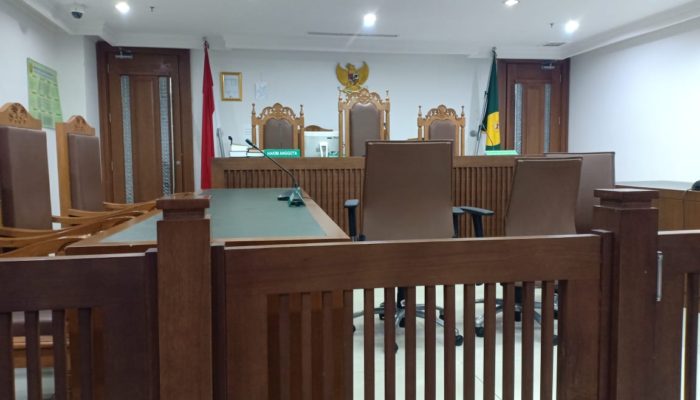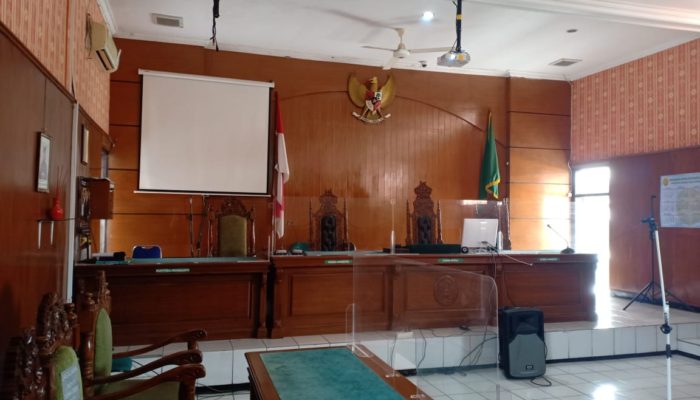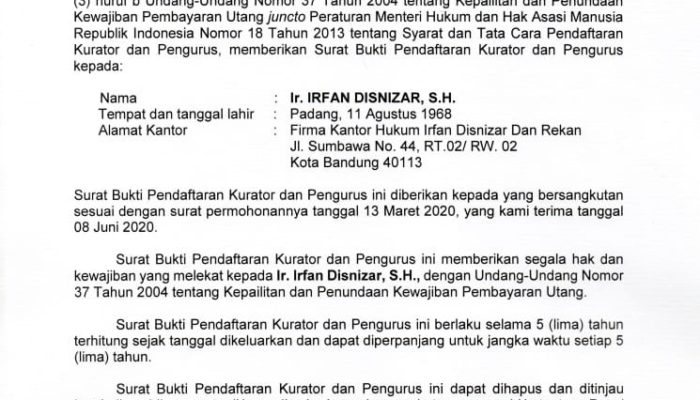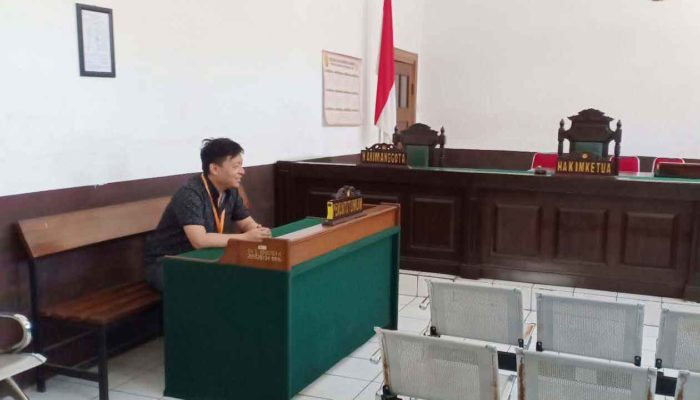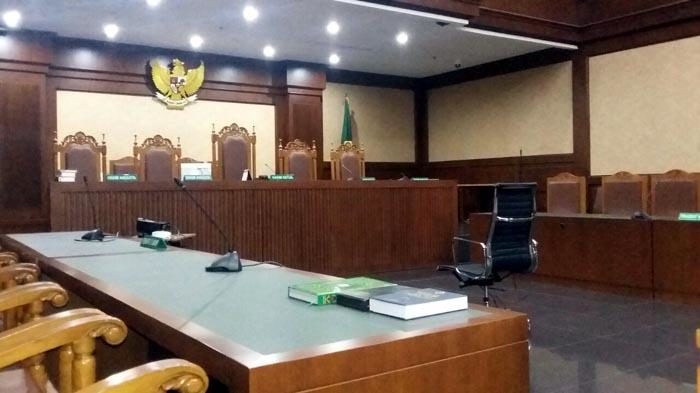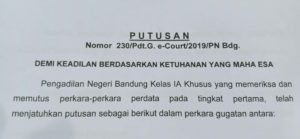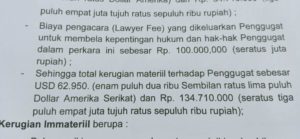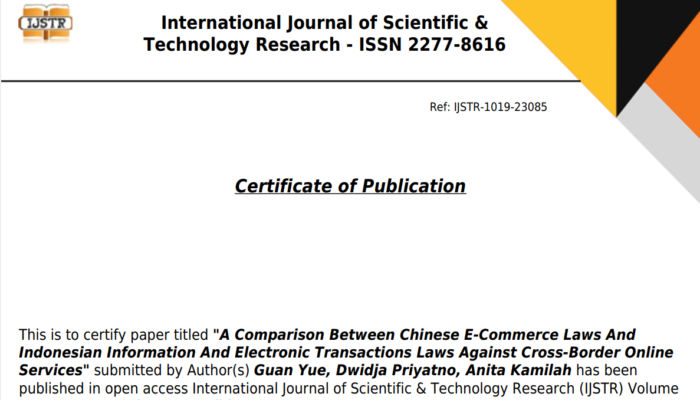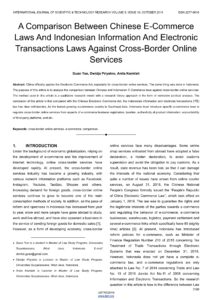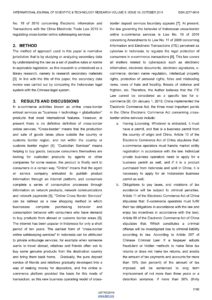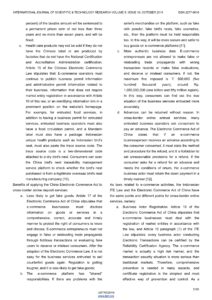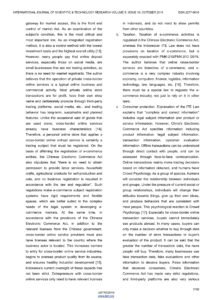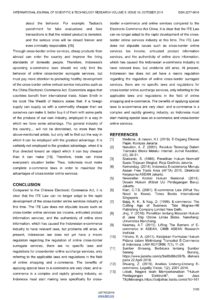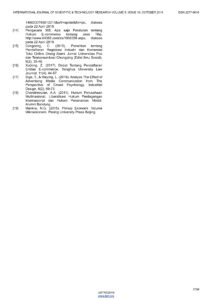The COVID-19 epidemic has lasted for more than a year, and this epidemic has caused severe damage to the world. Under the “large-scale social restriction” policy implemented by the Indonesian government, all normal activities in various sectors in Indonesia have been affected, and this also includes the speed at which the legal community handles cases. This is mainly because a large number of judges, registrars, and court staff were infected with the COVID-19 during the epidemic, which caused many courts to have to be temporarily closed.
However, regardless of the COVID-19 epidemic in Indonesia, as lawyers and legal advisers of Queen Law Firm, we will continue to provide the best service as always. On January 28, 2021, after a year of hard work, the case of an energy company in Beijing, China v. a mining company in Jakarta, Indonesia, was reopened in the Central Jakarta District Court. Even if the new crown epidemic is still not alleviated, we will still fight for our customers on the front line of the law.

Here, because many legal affairs cannot proceed as smoothly as normally expected, Queen Law Firm hereby expresses a sincere apology to all clients and partners. At the same time, thank you for your continued trust and support. Let us work together to overcome difficulties together.

